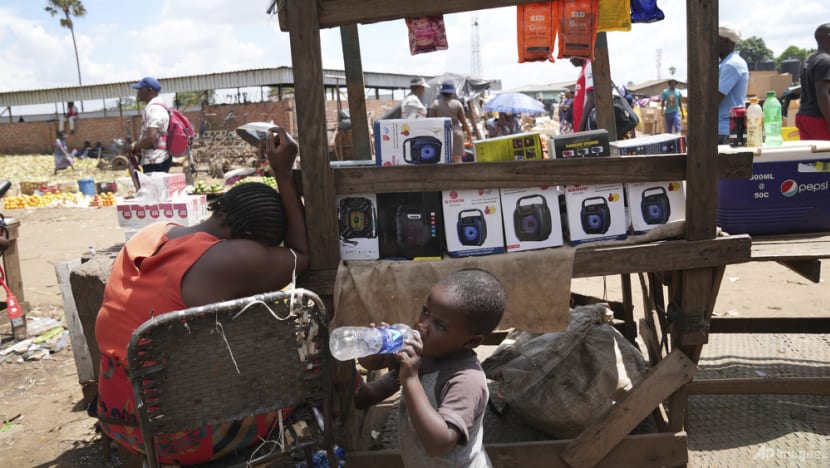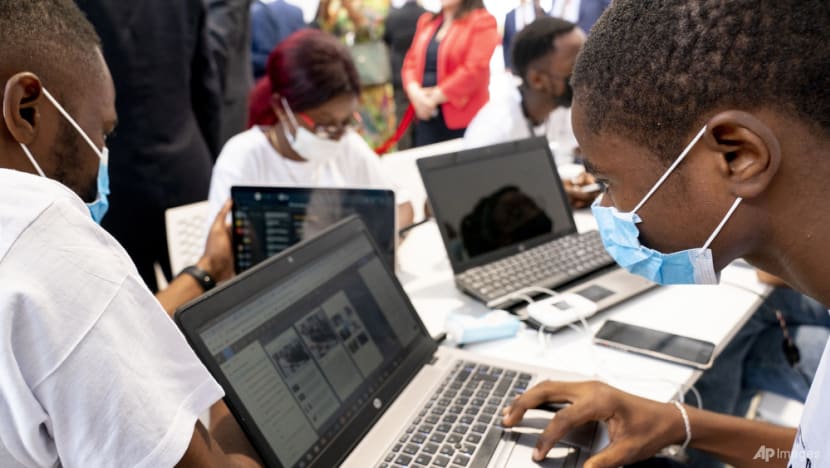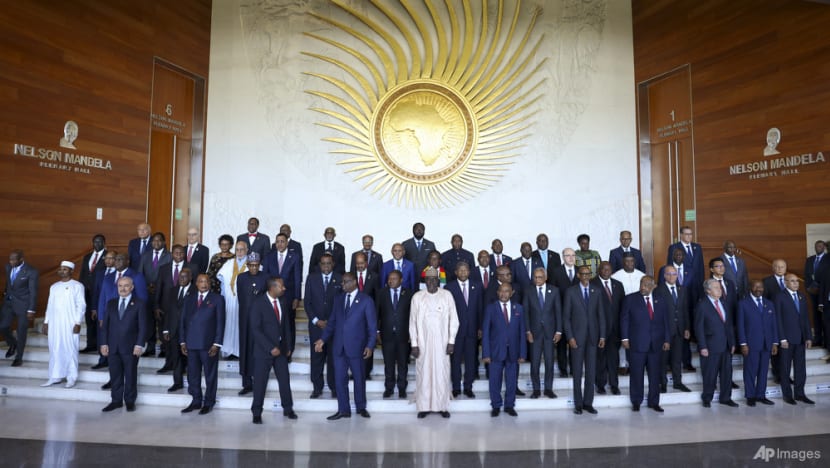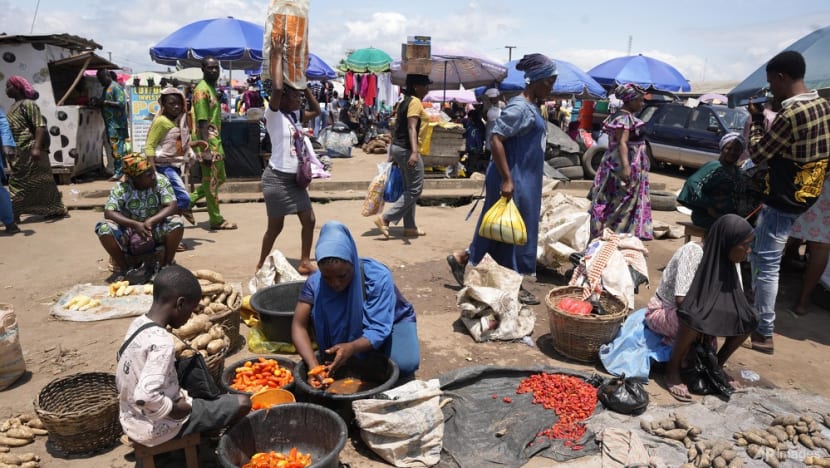Opportunities abound for Singapore firms in Africa as countries urbanise and go digital, but challenges remain
Trade between Singapore and Africa grew 15 per cent each year between 2019 and 2022, with Singapore companies investing over S$32 billion (US$23.5 billion) in the continent as of 2021.

SINGAPORE: There are many business opportunities in Africa for Singapore firms including in sectors like the digital economy, manufacturing and sustainability.
However, these come with their own challenges, such as fast-changing regulatory frameworks and foreign currency exchange risks, Mr G Jayakrishnan, executive director for South Asia, Middle East and Africa at Enterprise Singapore, told CNA’s Singapore Tonight on Monday (Sep 11).
Companies that have expanded into the continent said that understanding the unique local context is also crucial, including the technological maturity of each country.
Trade between Singapore and Africa grew 15 per cent each year between 2019 and 2022. As of 2021, Singapore companies had invested over S$32 billion (US$23.5 billion) in the continent.
GROWTH OPPORTUNITIES
Pointing out the investment amount, Mr Jayakrishnan said: "That makes us among the top 10 foreign investors into Africa."
He added that the hundreds of Singapore firms operating across 40 countries in Africa are in a range of sectors including agribusiness, manufacturing, transport and logistics, and the digital economy.
Mr Jayakrishnan said the digital economy is a very important growth area, as digitalisation has been transformative for the African continent.
“It's brought millions of people into the consumer economy. It's made consumption of government services and private sector services that much easier,” he said.
It has also created opportunities for companies in related fields, such as those providing cybersecurity, data analytics and ecommerce platforms services.

Another growth area is manufacturing, driven by the creation of the African Continental Free Trade Area (FTA), which brings close to 50 African nations together in a single trading bloc, reducing tariffs to close to zero, said Mr Jayakrishnan.
This will boost cross-border trade between the African continent and elsewhere, and also between African countries, he said.
“We believe that the African FTA is going to enable that, and it's going to drive foreign investment and local investment into manufacturing to produce in Africa for Africa and for export,” he said.
Sustainability and the green economy are another area of growth, as Africa is the most rapidly urbanising continent and region in the world, said Mr Jayakrishnan.

As millions of people move into cities from rural areas, they are going to live in built-up areas, which will drive the demand for green building solutions, energy-efficient solutions and wastewater management, he said.
“Africa is the second largest carbon sink in the world after the Amazon basin. So it's going to be a critical part of the carbon equation for the world. It is very rich in natural resources, carbon assets and it's going to be a critical part of the carbon credit exchange globally,” he added.
CHALLENGES FACED
However, seizing opportunities in Africa does not come without its share of challenges.
Ms Malini Kannan, chief operating officer of Thunes, a Singapore-based cross-border payment service provider that has expanded into Africa, noted that the continent is “diverse and dynamic” with 54 countries and 42 currencies.
She highlighted the need to examine each country closely, including the local regulatory framework, currency control mechanisms, payment ecosystem and providers, and technological maturity.

“In our expansion, we've really gone local in terms of building teams. We've spent a lot of time understanding these challenges and sometimes participating in developing technological maturity within these ecosystems,” she told CNA’s Singapore Tonight on Monday.
“What keeps us really going is the massive opportunity. It's the youngest and fastest growing continent. 60 per cent of the continent is under the age of 25. It poses a tremendous opportunity for growth, and so I think we saw ourselves playing a lot more of a foundational role here.”
Thunes currently connects about 35 African countries through 370 million mobile wallets and 280 million bank accounts, and facilitates over 200 payment corridors among African countries.
Enterprise Singapore has set up three offices in Africa since 2013, to help Singapore firms navigate the issues and challenges.

Mr Jayakrishnan said transparency and lack of information are one of the biggest issues when expanding in Africa.
“How do you validate your partners, and how do you validate the credibility of an opportunity? So we have to extrapolate various sources of information, and then guide the companies through using a network of relationships and partners,” he said.
Another challenge is uncertainty, as regulations and policies can change without much notice, something which is “quite different from our experience here in Singapore”, said Mr Jayakrishnan.
Foreign currency exchange risks and high inflation also pose a challenge for firms looking to tap on the African market.
“Companies have to factor in these costs, and ensure that they have margins that are large enough to account for them,” said Mr Jayakrishnan.

















